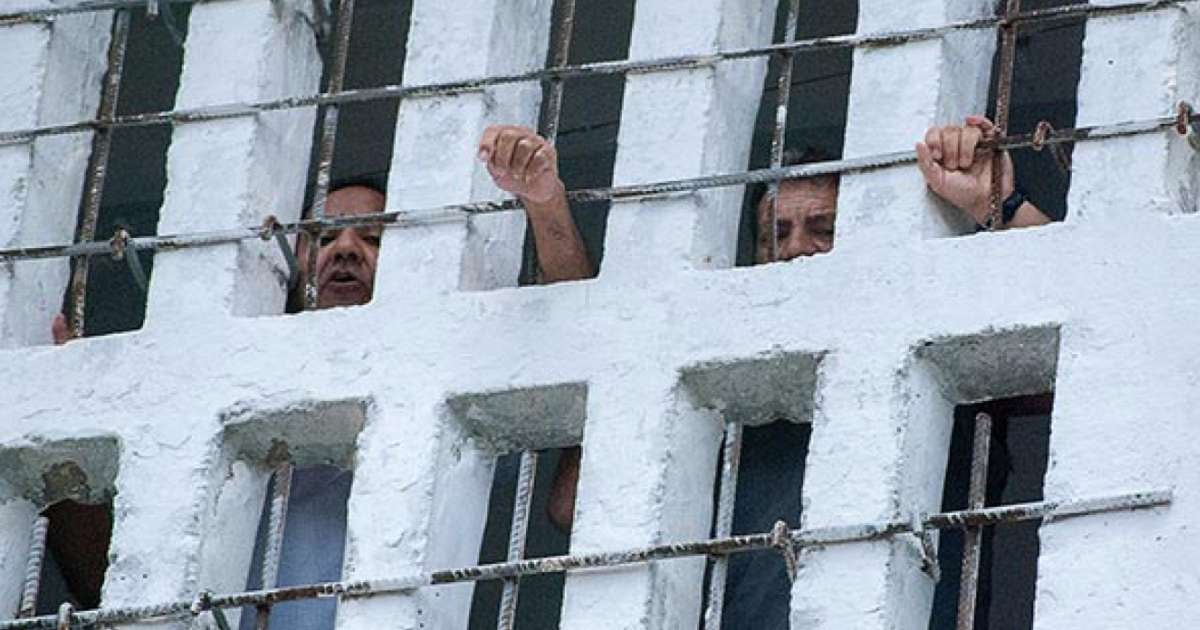An independent report by Cubalex has uncovered various torture techniques in Cuban prisons that violate international standards set by the Mandela Rules for the treatment of prisoners. According to testimonies from several inmates interviewed by the organization, prisoners are often handcuffed in painful positions for long hours and deprived of potable water as a form of torture.
Additionally, the report highlights other violations of the Mandela Rules, such as excessive durations of solitary confinement, which can extend up to three months. "This significantly exceeds the limits established by the Mandela Rules, which consider prolonged isolation (more than 15 consecutive days) as a human rights violation," the report emphasizes.
The report further notes the lack of independent review, resulting in decisions about solitary confinement being made solely by the head of the penitentiary, leading to potential abuses and arbitrary decisions.
Moreover, it points out insufficient protection for vulnerable groups, such as pregnant women, minors under 18, and people with disabilities, from solitary confinement. The punishment cells are described as extremely small, poorly ventilated, with deplorable hygiene standards, minimal furniture, and lacking water, failing to meet hygiene norms.
Cubalex adds that these violations have a devastating impact on the mental and physical health of prisoners, causing extreme stress, anxiety, and other psychological issues.
The report calls for adherence to the United Nations Standard Minimum Rules for the Treatment of Prisoners, commonly known as the Mandela Rules, which establish principles to ensure humane and dignified treatment of inmates. These rules prohibit practices such as indefinite isolation and punitive conditions that involve torture or cruel treatment.
In Cuba, there are over a thousand political prisoners who are frequently subjected to these illegal practices.
Understanding Torture Practices in Cuban Prisons
This section aims to address common questions regarding the findings of the Cubalex report on torture methods in Cuban prisons. The responses provide a deeper insight into the issues highlighted by the report.
What are the Mandela Rules?
The Mandela Rules are the United Nations Standard Minimum Rules for the Treatment of Prisoners, which set international standards for humane and dignified treatment of inmates.
What specific torture methods were identified in Cuban prisons?
The report identified methods such as handcuffing prisoners in painful positions for extended periods and depriving them of potable water. It also noted excessive durations of solitary confinement.
How do these practices impact prisoners' health?
These practices have a devastating impact on prisoners' mental and physical health, causing extreme stress, anxiety, and other psychological problems.
Are political prisoners in Cuba subjected to these torture methods?
Yes, there are over a thousand political prisoners in Cuba who frequently face these illegal and inhumane practices.
